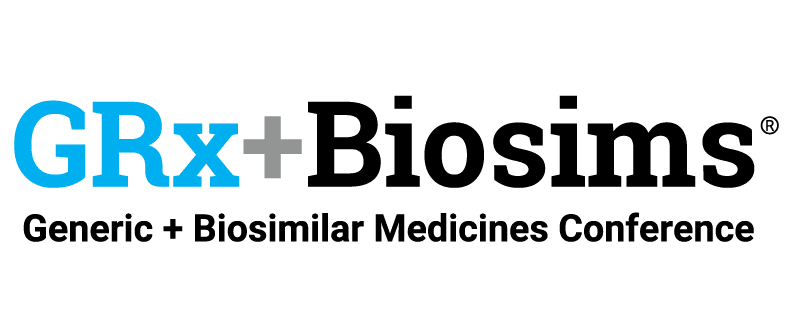Stronger Policies to Encourage Biosimilar Market Growth are Essential for America’s Patients, AAM Says
(White Oak, MD – Sept. 4, 2018) — Presenting today at the Food and Drug Administration (FDA) public hearing “Facilitating Competition and Innovation in the Biological Products Marketplace,” AAM Senior Vice President of Policy & Strategic Alliances and Executive Director of AAM’s Biosimilars Council Christine Simmon called on FDA to support key federal agencies and Congress around measures that will facilitate biosimilars competition.
“We know that getting biosimilars to patients requires more federal policymakers to build on the important steps the FDA already has taken or will take under the Biosimilars Action Plan. As the Administration continues to implement its Blueprint to lower drug prices for America’s patients, FDA is the engine that can drive policymakers to leverage biosimilars opportunities,” Simmon said.
The FDA has found that if all of the biosimilars FDA approved in 2017 were successfully marketed, Americans could have saved more than $4.5 billion last year alone. Despite this promise, biosimilars face challenges getting into and then staying on the market.
“The unfortunate truth is that FDA approval of a more affordable version of a medicine does not guarantee patient access or that the health care system will accrue the savings,” Simmon noted.
Specifically, AAM called on FDA to work with:
- Centers for Medicare and Medicaid (CMS), to ensure that Medicare reimbursement and formulary design prioritize utilization of biosimilars and to address rebate traps, exclusionary contracting and a lack of reimbursement incentives that remain barriers to market growth;
- U.S. Trade Representative (USTR), to advocate for the rejection of provisions in the recently announced U.S.-Mexico trade understanding to extend brand name biologic data protection to 10 years that will harm patients and the nascent biosimilar industry at the very same time this Administration is are trying to facilitate biosimilars competition; and
- Patent and Trademark Office (PTO), to stem the issuance of non-innovative patents which are used by biologic developers to build “patent thickets” that delay biosimilar market entry, and to support the use of inter-partes review (IPR). IPRs provide biosimilar manufacturers an earlier and more accurate picture of the patent landscape in a timely and less expensive manner.
In addition, AAM cited a report released today by Matrix Global Advisors and commissioned by AAM that examines the ongoing misuse of restricted access and Risk Evaluation and Mitigation Strategies (REMS) programs. It found that such misuse has resulted in $13.4 billion in annual lost savings since 2014 – a growth of 250 percent in the last four years. Abuse of restricted access programs can be expected to affect more biosimilars as their development increases.
While FDA is now naming the companies seeking to block competitor acquisition of reference product samples via restricted distribution schemes to try to deter such conduct, AAM called on the agency to work with Congress to pass the bipartisan CREATES Act that would prohibit brand pharmaceutical companies from restricting access to samples to delay biosimilar competition.
While AAM’s Biosimilars Council works to increase education and awareness about biosimilars and to ensure all patients have access to the treatment options they need, it noted that misinformation campaigns undermine public confidence in the safety and effectiveness of biosimilars and that it is important for the FDA to make clear that an interchangeability designation does not indicate a “better” biosimilar than one approved absent that designation to avoid delaying biosimilar uptake by payors and patients.
